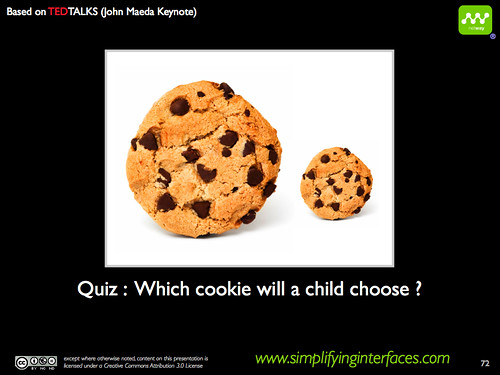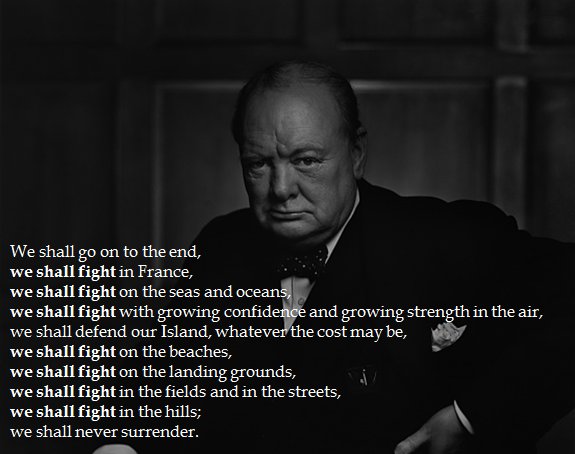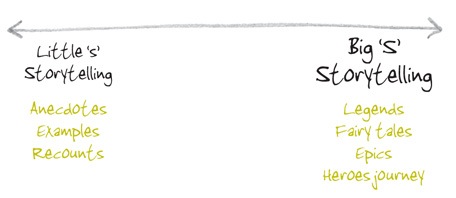Denouement (pronounced day-new-mahn): loose
ends tied up in a story after the climax, closure, conclusion
Dialect: the language of a particular
district, class or group of persons; the sounds, grammar, and diction employed
by people distinguished from others.
Dialectics: formal debates usually over the
nature of truth.
Dichotomy: split or break between two
opposing things.
Diction: the style of speaking or writing
as reflected in the choice and use of words.
Didactic: having to do with the
transmission of information; education.
Dogmatic: rigid in beliefs and principles.
Elegy: a mournful, melancholy poem,
especially a funeral song or lament for the dead, sometimes contains general
reflections on death, often with a rural or pastoral setting.
Epic: a long narrative poem unified by a
hero who reflects the customs, mores, and aspirations of his nation of race as
he makes his way through legendary and historic exploits, usually over a long
period of time (definition bordering on circumlocution).
Epigram: witty aphorism.
Epitaph: any brief inscription in prose or
verse on a tombstone; a short formal poem of commemoration often a credo
written by the person who wishes it to be on his tombstone.
Epithet: a short, descriptive name or
phrase that may insult someone’s
character, characteristics
Euphemism: the use of an indirect, mild or
vague word or expression for one thought to be coarse, offensive, or blunt.
Evocative (evocation): a calling forth of
memories and sensations; the suggestion or production through artistry and
imagination of a sense of reality.
Exposition: beginning of a story that sets
forth facts, ideas, and/or characters, in a detailed explanation.
Expressionism: movement in art, literature,
and music consisting of unrealistic
representation of an inner idea or feeling(s).
Fable: a short, simple story, usually with
animals as characters, designed to teach a moral truth.
Fallacy: from Latin word “to deceive”, a
false or misleading notion, belief, or argument; any kind of erroneous
reasoning that makes arguments unsound.
Falling Action: part of the narrative or
drama after the climax.
Farce: a boisterous comedy involving
ludicrous action and dialogue.
Figurative Language: apt and imaginative
language characterized by figures of speech (such as metaphor and simile).
Flashback: a narrative device that flashes
back to prior events.
Foil: a person or thing that, by contrast,
makes another seem better or more prominent.
Folk Tale: story passed on by word of
mouth.
Foreshadowing: in fiction and drama, a
device to prepare the reader for the outcome of the action; “planning” to make
the outcome convincing, though not to give it away.
Free Verse: verse without conventional
metrical pattern, with irregular pattern or no rhyme.

























